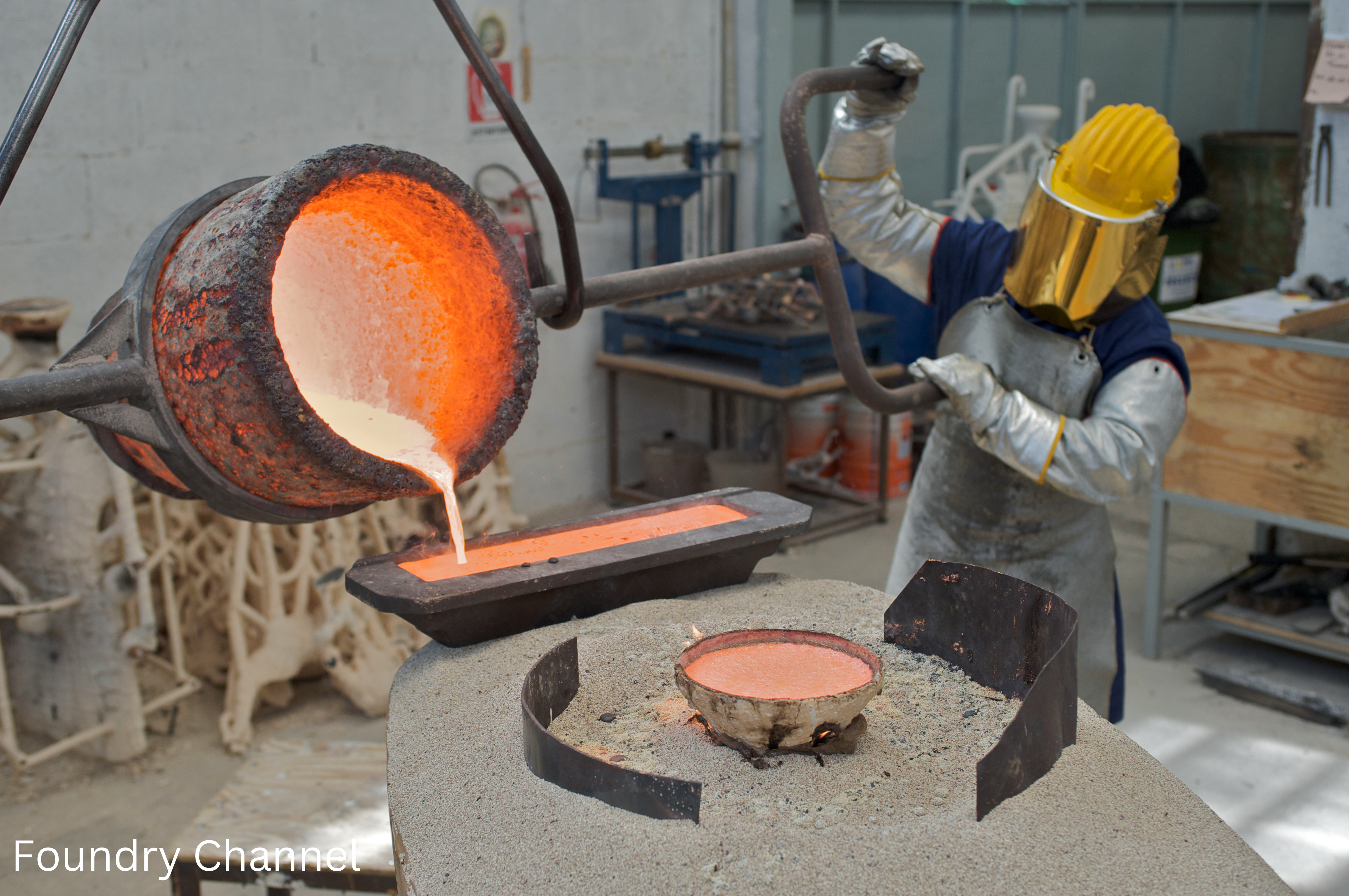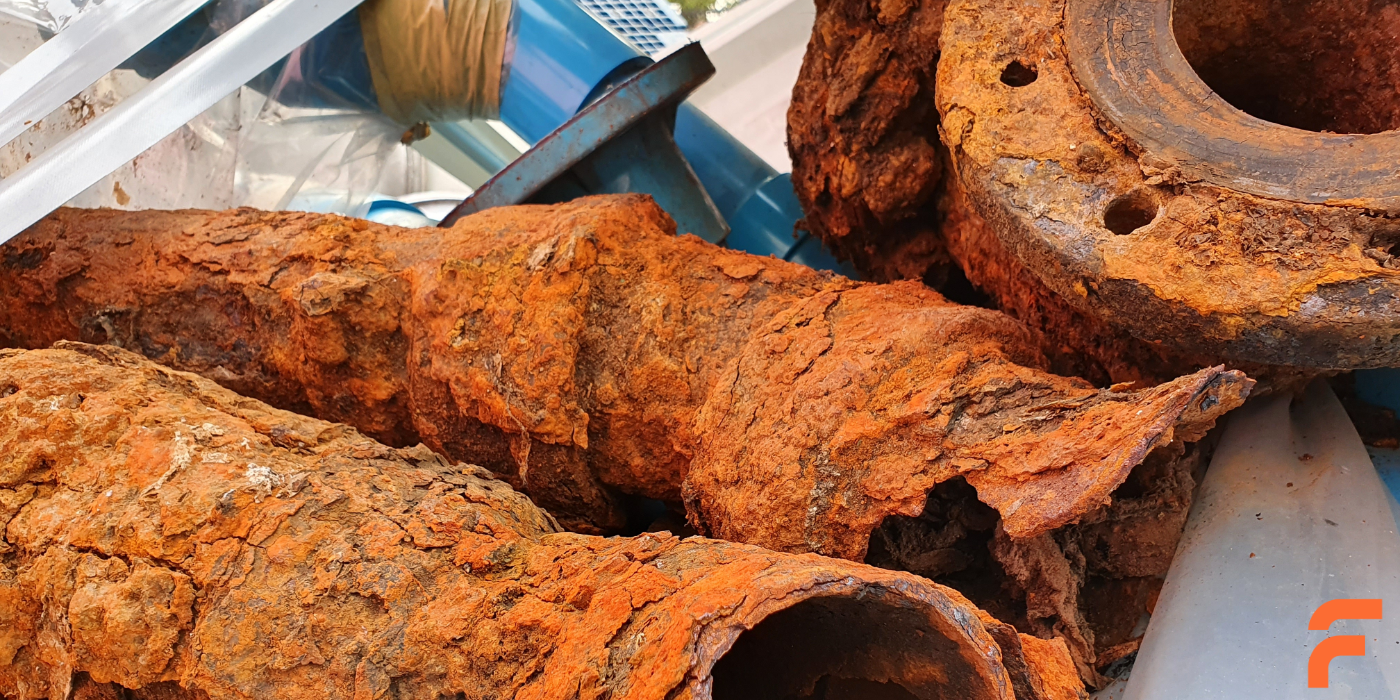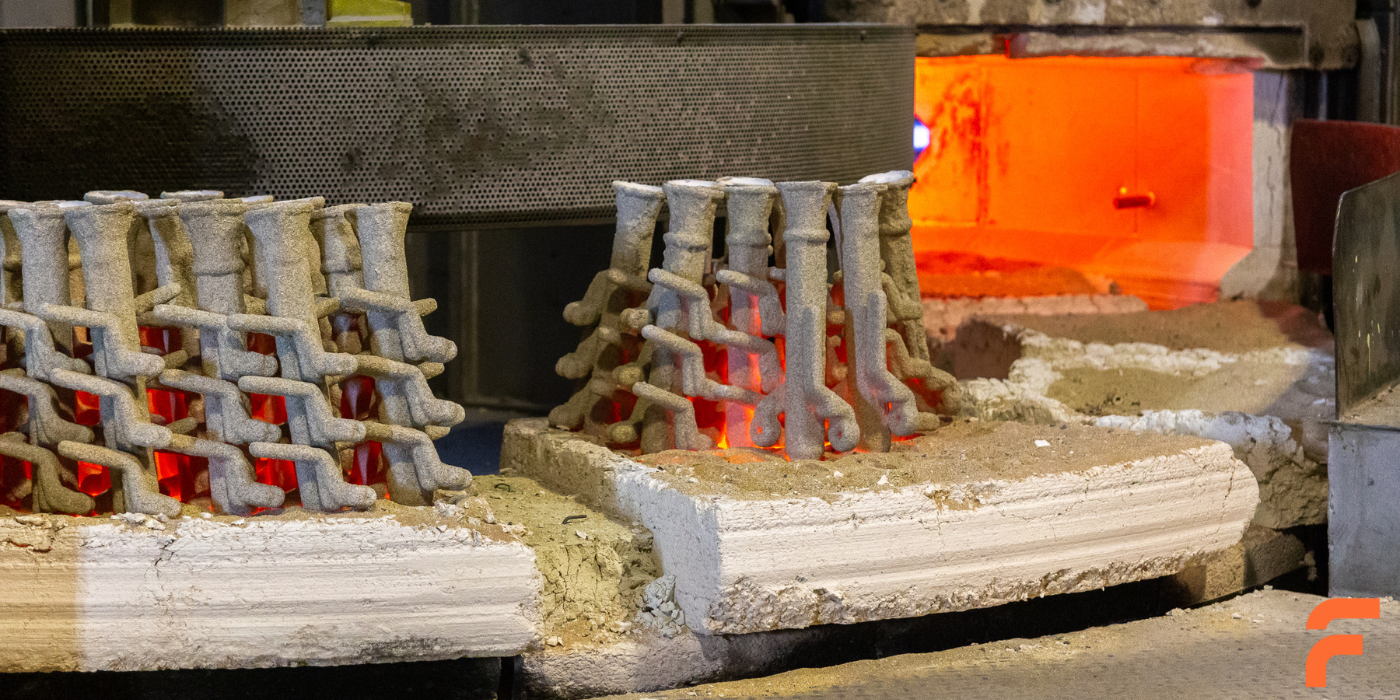Introduction
The foundry industry is an integral part of the manufacturing sector, which is crucial in producing metal castings for various applications. The Indian foundry market, the second-largest producer of castings globally, showcases robust growth and significant potential. In this blog, we will delve into the key aspects of the Indian foundry industry, including its growth projections, government initiatives, and the major foundry clusters that drive this dynamic market.
Market Overview
Robust Growth Projections
India stands as the second-largest producer of castings in the world, with ambitious growth plans and new capacities being added at a rapid pace. The Indian foundry industry produces an estimated 12 million metric tons (MT) of various castings grades per international standards. These products range in size from a few grams to over 100 tonnes per piece, serving a wide array of applications.
The country exports castings worth USD 3.54 billion annually, and there is significant potential to increase this market share in exports, potentially growing threefold. Interestingly, India also imports castings, with about a fourth of these imports coming from China.
Government Initiatives to Support the Foundry Sector
The Government of India has undertaken several initiatives to promote the manufacturing sector and boost both domestic and foreign investments. Key measures include:
- Introduction of Goods and Services Tax (GST): Simplifying the tax structure.
- Reduction in Corporate Tax: Making India a more attractive destination for investment.
- Ease of Doing Business: Interventions to improve business operations.
- FDI Policy Reforms: Attracting foreign direct investments.
- Compliance Reduction: Measures to reduce the compliance burden on businesses.
- Domestic Manufacturing Boost: Policy measures like public procurement orders.
- Phased Manufacturing Programme (PMP): Promoting domestic manufacturing.
These initiatives are designed to bolster India’s manufacturing sector, thereby supporting the growth of the foundry market.
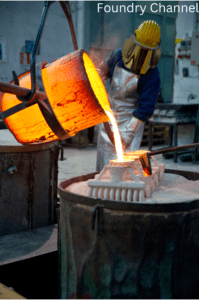
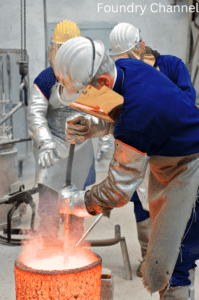
Major Foundry Clusters in India
India hosts approximately 5,000 foundries, primarily in the Micro, Small, and Medium Enterprises (MSME) sector, with a few major players. The average productivity per unit is 2,173 tonnes per annum (TPA). These foundries are strategically located in various clusters across the country, each known for specific types of castings. Let’s take a look at some of these key clusters:
Key Foundry Clusters and Specializations
- Rajkot: Known for diesel engine castings.
- Kolhapur: Specializes in automotive castings.
- Belgaum: Focuses on automotive castings.
- Coimbatore: Famous for pump-sets castings.
- Howrah: Renowned for sanitary castings.
- Ahmedabad, Pune, Chennai, Howrah, Kolkata, Sholapur, Mumbai, Ludhiana, Jalandhar, Batala, Agra, Hyderabad, Indore, Faridabad, Gurgaon etc.
Each of these clusters plays a significant role in the overall productivity and specialization of the Indian foundry industry.
Conclusion
The Indian foundry industry is on a strong growth trajectory, supported by robust demand from various sectors and proactive government policies. Despite challenges like environmental regulations, raw material price fluctuations, and the need for skilled labor, the industry shows immense potential. With continued focus on innovation, efficiency, and strategic expansion, the Indian foundry sector is well-positioned to maintain its critical role in the global market.

